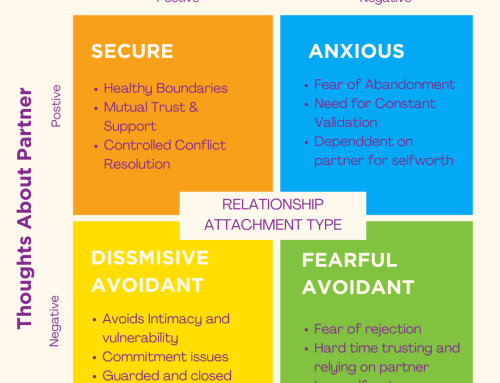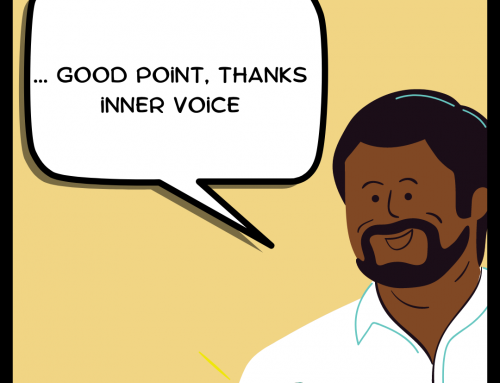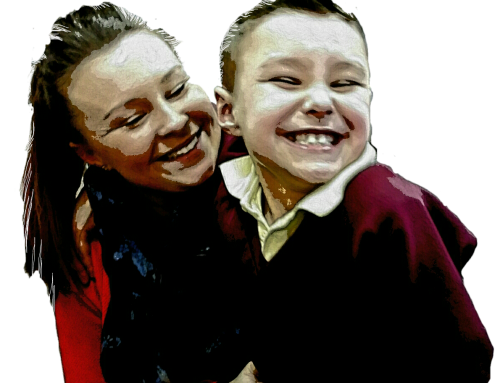1 in 7 has a phobia
Whether it’s spiders that make you squeal or a debilitating fear of a situation – phobias are felt by 1 in 7 of us or almost 10 million people in the UK, according to the NHS.
And phobias can be annoying or life-changing, with complete avoidance of an object, place or situation leading to mental and psychical symptoms.
You might feel:
- Dizzy
- Sick
- Sweaty
- Feel your heart flutter or increase
- Breathing difficulties
- Tremble or shake
- Have stomach pain
This is quite shocking – so what phobias exist, why do people get phobias, and what self-help techniques are there to help?
Types of phobias
There are two types of phobias: simple and complex. A simple phobia focuses on an object, animal, situation or activity, and it often starts when you’re young.
The most common simple phobias are:
Animals: scared of spiders, dogs, snakes and rodents.
Environmental: afraid of heights, deep water and germs.
Situational: terrified of dentists or flying.
Bodily: reaction to blood, vomit or the thought of injections.
Sexual: performance fear or of catching a disease.
Whereas complex phobias include agoraphobia and social phobia.
Agoraphobia isn’t open spaces as people think; it’s any situation where escape seems difficult. And social phobia is fear around speaking in front of people or social situations and can lead to isolation and loneliness.
Why do I have a phobia?
Phobias can be due to something traumatic, where your brain associates a situation with an outcome.
However, it can also be learned behaviour from your parents, brother’s, or sister’s reactions, for instance, screaming when they saw a spider. And believe it or not, some scientists think phobias might even be genetic (inherited anxiety).
Self-help for phobias
If you’re struggling with a phobia, you can reduce the severity by ensuring you eat well, sleep well, and exercise regularly. It seems simple, but without those, your reaction might be worse.
Breathing slowly works well. If you can breathe in for four and breathe out for eight slowly, you will reduce your body’s reaction to the phobia. And this means you’ll start to gain some control.
You can also work with a therapist like the Arts of Change Trust to explore talking therapy, exposure therapy, and other techniques.
If you’d like to explore your options, you can call 01384 211168 or email support@theaoc.org.uk.





